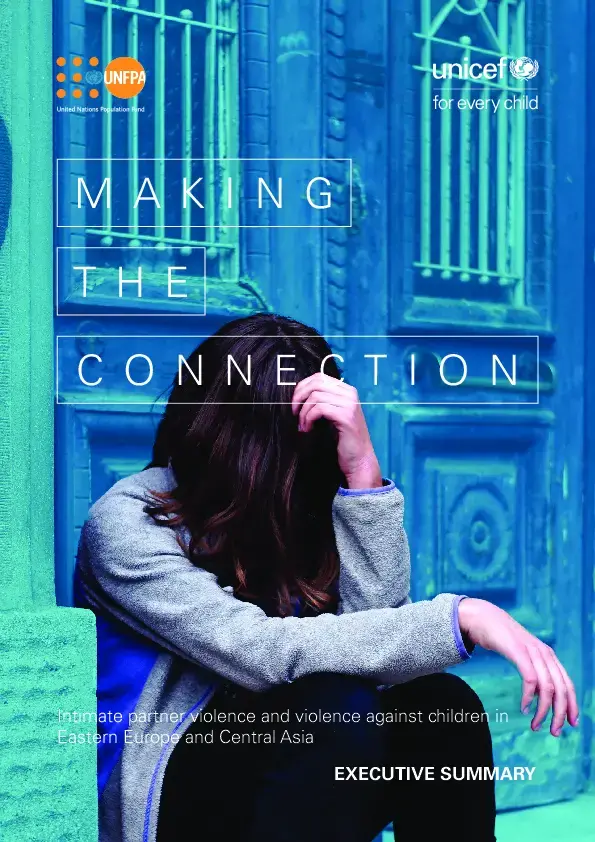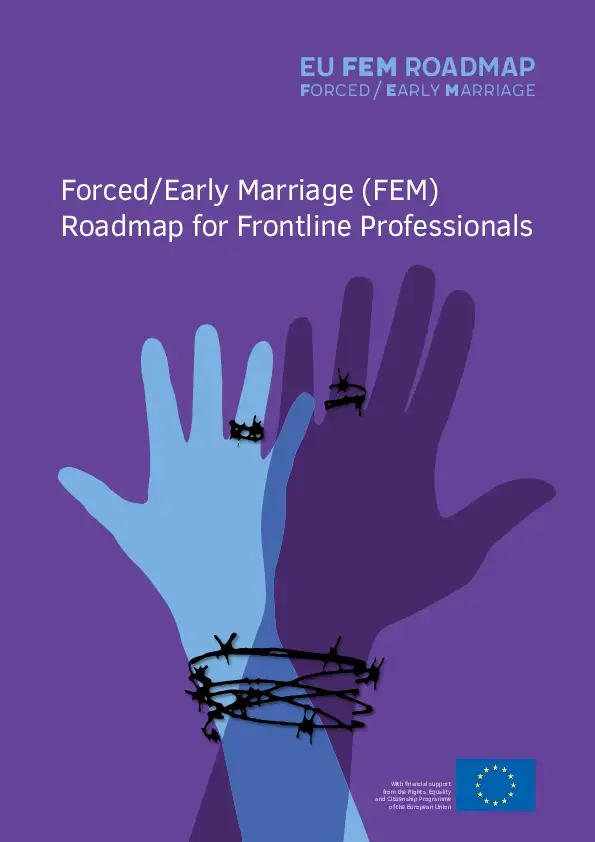SLOVIANSK, Ukraine — When Anna’s abusive husband threatened her with a knife, she knew it was time to get away. The next day, she pretended to take her children to school, but instead fled with them to her sister’s house in another city. She didn’t want to hide out there forever, but she didn’t know where else to turn.
gender-based violence
News
Creating safe havens from violence for women and children in Ukraine
29 November 2018
Events
International Day for the Elimination of Violence Against Women
25 November 2018
Global
A day to stand in solidarity with survivors and survivor advocates and women’s human rights defenders who are working to prevent and end violence against women and girls.
News
Finding a way out of the ‘man box’: confronting gender inequality and the masculinity crisis in Ukraine
10 September 2018
KYIV, Ukraine — Rigid, traditional views of gender roles in society and stereotypical ideas about masculinity and femininity are common among men in Ukraine, contributing to gender-based violence, unequal treatment for women, and poor mental and physical health outcomes for women and for men themselves, according to a ground-breaking survey initiated by UNFPA.
Events
World Humanitarian Day
19 August 2018
Global
Urgent Efforts Needed to Protect Women and Girls in Crises
Statement by UNFPA Executive Director Dr. Natalia Kanem on World Humanitarian Day 2018
Women and girls uprooted by war or disaster are at heightened risk of rape, exploitation and abuse. Yet reaching a refugee camp or other places where humanitarian services are available does not necessarily eliminate these risks.

Publisher
UNFPA EECARO & UNICEF ECARO
Number of pages
28
Author
UNFPA EECARO & UNICEF ECARO
Publications
Making the Connection
Publication date
13 March 2018
News
Tackling violence against women and girls through evidence-based policies
14 March 2018
UNITED NATIONS, New York — The robust collection of data and the adoption of policies based upon it can help countries successfully tackle the global scourge of violence against women and girls, speakers said yesterday at a side event to the 62nd session of the Commission on the Status of Women (CSW62).
The event, titled “Advancing Research for Policy Formulation in Eastern Europe and Central Asia,” was organized by UNFPA, UNICEF and the Organization for Security and Co-operation in Europe (OSCE).
Video
Breaking the cycle: A life free from violence
Video
Support GBV survivors in Belarus
One in three women in Belarus experiences physical or sexual violence from her partner. The shelter Radislava provides safety & support to survivors. Download the innovative Elbi app from this link and tap the LoveButton to help make Radislava's work possible! https://bit.ly/2qjplZY
News
Syrian refugee women get ‘second chance in life’ as health mediators in Turkey
06 April 2018
ANKARA, Turkey — When Amira* was 14 years old and growing up in Syria, she agreed to marry a man she didn’t love to fulfil her dying mother’s wish to witness her daughter’s wedding day. But once they were married, Amira’s husband kept her from visiting her mother and her other family members. Then he began to beat her. The violence escalated steadily until one day Amira, then pregnant with her second child, tried unsuccessfully to take her own life by stabbing herself with a knife.

Publisher
‘EU Roadmap’ for Referral Pathways on Forced/Early Marriage for Frontline Professionals
Number of pages
8
Author
Multiple
Publications
Forced/Early Marriage (FEM) Roadmap for Frontline Professionals (Summary)
Publication date
01 February 2017

